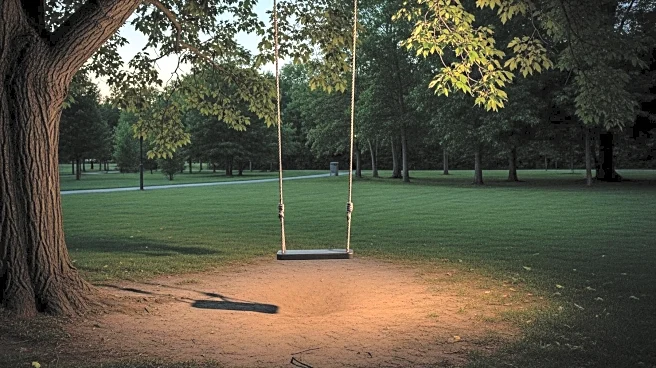What's Happening?
The issue of statelessness in America is gaining attention as the Trump administration considers policies that could deny birthright citizenship to children born to illegal immigrants in the U.S. This move could increase the number of stateless individuals, who would lack citizenship rights and face significant challenges. The article discusses the plight of stateless individuals, using the story of Johnny Prokov, a former stateless person who eventually gained U.S. citizenship, as an example. The potential policy change has sparked debate over its constitutionality and humanitarian implications.
Why It's Important?
Denying birthright citizenship could have profound effects on the lives of many individuals, creating a class of stateless people who lack basic rights and opportunities. This policy shift could lead to increased social instability and legal challenges, as it contradicts the constitutional right to citizenship for those born in the U.S. The issue also highlights broader debates about immigration policy and the treatment of immigrants in the U.S., with potential implications for international human rights standards.
Beyond the Headlines
The potential policy change raises ethical and legal questions about the treatment of children born in the U.S. and the responsibilities of the government to protect their rights. It also reflects broader global challenges related to statelessness and the rights of refugees and migrants. The policy could exacerbate existing social divisions and contribute to a climate of fear and uncertainty for immigrant communities.









